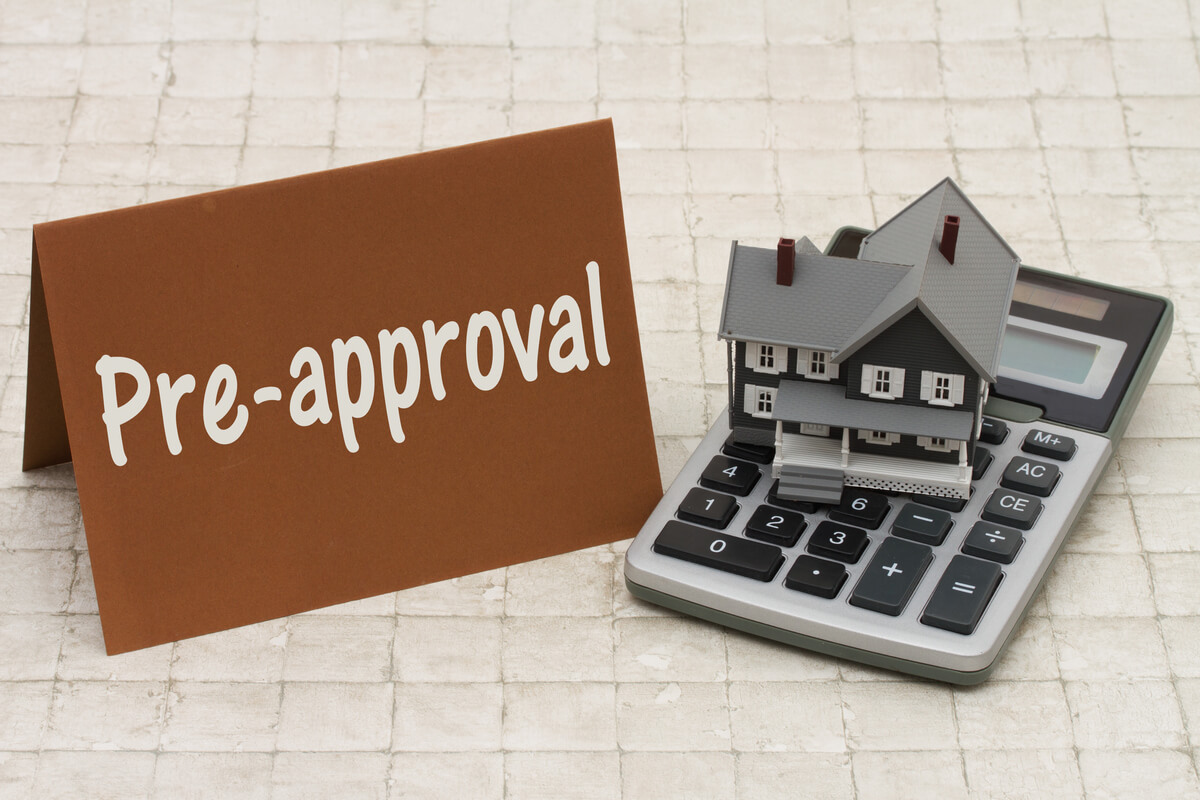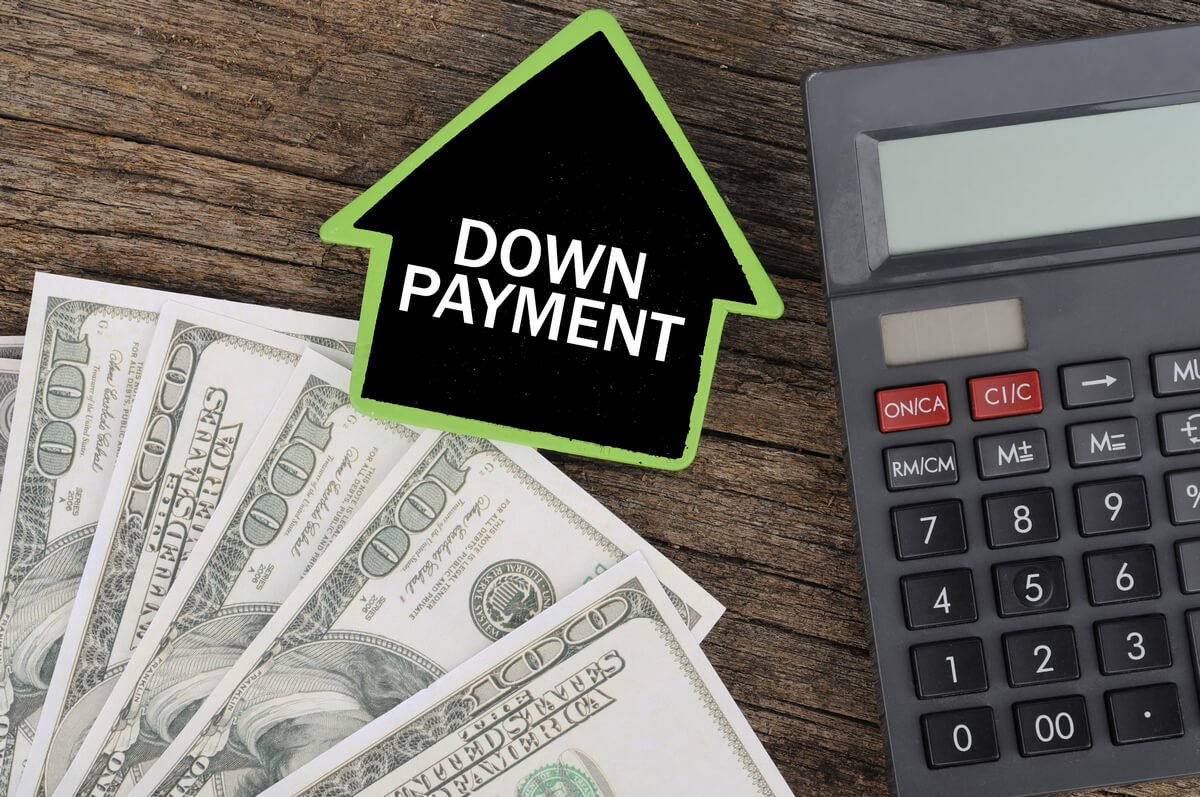Lance Parham
June 14, 2022
Your credit score is a reflection of years of borrowing history, and there are a number of reasons why you might not have the best credit. Maybe you’ve never taken out a loan before, so you have minimal credit history. Maybe you ran into financial hardship many years ago and still have derogatory marks on your report. While credit reports are sometimes a helpful way to prove creditworthiness, they can also get in the way when you’re ready to make a major financial decision.
You might be financially ready to buy your first home, but your low credit score could prevent you from being approved for a mortgage. In most cases, a score between 580 and 669 is considered fair, a score between 670 and 739 is considered good, and a score of 740 or higher is considered very good. Your credit score determines your chances for mortgage approval, and it can influence your interest rate. If your credit score is below 580, you may have to go to extra lengths to get a home loan.
It is possible to become a homeowner if you have bad credit, but you should be prepared to take some additional steps. Here are four ways you can increase your mortgage approval odds with a low credit score:

1. Check Your Report for Errors
Mistakes do happen from time to time, and removing an error from your credit report is the quickest and easiest way to improve your score. No matter your financial history, it’s always worth examining your credit report to look for discrepancies. This is especially vital if you believe that your score doesn’t match up with your borrowing history.
One of the most damaging errors you may see on your credit report is an account being reported as late or delinquent when you’re up-to-date on your payments. Delinquent accounts can significantly decrease your credit score, so any inaccurate information about your payment history needs to be corrected. In this case, you should reach out to the lender you hold the account with and the credit reporting company. By contacting both entities and explaining the situation, you should be able to drop the derogatory mark from your report.

2. Improve Your Credit
If you can’t be approved for a mortgage with a reasonable interest rate with your current credit history, you should take some time to improve your score. This can be a frustrating situation when you feel ready to buy a home today, but working on your credit score for a few months can have long-term benefits.
The most effective way to increase your credit score is to reduce your debt. One of the biggest factors in calculating your score is the percentage of your available credit that you’re currently using. Ideally, you should not carry a balance on your credit card at all. If you currently have a high balance on your credit card, you should focus your efforts on paying off the debt. When you only use a small fraction of your available credit, lenders know that you don’t rely on credit cards or other loans to make ends meet.
Increasing the variety of credit accounts that appear on your report can help, too. Lenders prefer to see a mix of past and current accounts, including student loans, credit cards, personal loans, or car loans. You shouldn’t go into additional debt just to improve your credit score, but you could open a credit card and pay the balance off in full each month to increase the number of accounts on your record. Keep in mind, though, that undergoing many credit checks at once can look suspicious to lenders, so you should only apply for one account at a time.

3. Get Pre-approved
Applying for mortgage pre-approval is a particularly helpful step in the home buying process for people with bad credit. You may or may not be approved for a home loan with a low credit score, but you won’t know for sure until you connect with a lender.
When you apply for pre-approval, the lender will ask for all of the documents they’d typically request for an official mortgage application. Then, they’ll either approve or deny your application. If they approve, they’ll show you your maximum loan amount and your interest rate. Learning this information before you begin your home search is essential because it helps you narrow down your list of options. You may not be approved for a massive mortgage if you have bad credit, but you might get pre-approved for a modest home loan.
Once you receive pre-approval, you should not change your financial situation until after you’ve closed on a home. Pre-approval is not a total guarantee that you’ll be officially approved for your mortgage, and you’re especially likely to be denied if you have a major financial change between your pre-approval application and your official application.

4. Save for a Larger Down Payment
Mortgage lenders hesitate to approve applicants with bad credit because it’s risky to loan money to someone who doesn’t have a stellar track record with borrowing. However, you might convince a lender to give you a mortgage if you make a sizable down payment.
A larger down payment equates to a lower loan-to-value ratio. When your loan is much less than the value of your home, you’re less likely to go underwater on the mortgage. Lenders like to see a low loan-to-value ratio because it offers them more protection in case you default on your payments. If they have to repossess the house, they know they can sell the property and reclaim the full value of the loan.
You may have to spend extra time saving up a down payment if you’re trying to be approved for a mortgage with poor credit. There are a number of benefits to making a large down payment, though. Your monthly mortgage payments will be lower, and you may even receive a better interest rate.
Purchasing a home with a low credit score can be difficult, but it’s not impossible. You should do everything in your power to improve your credit and save up a large down payment, which will increase your approval odds. Even if you have bad credit, you might be approved for a small starter home. Then, you can continue to work on your credit score so that your future experiences with lenders are easier.


